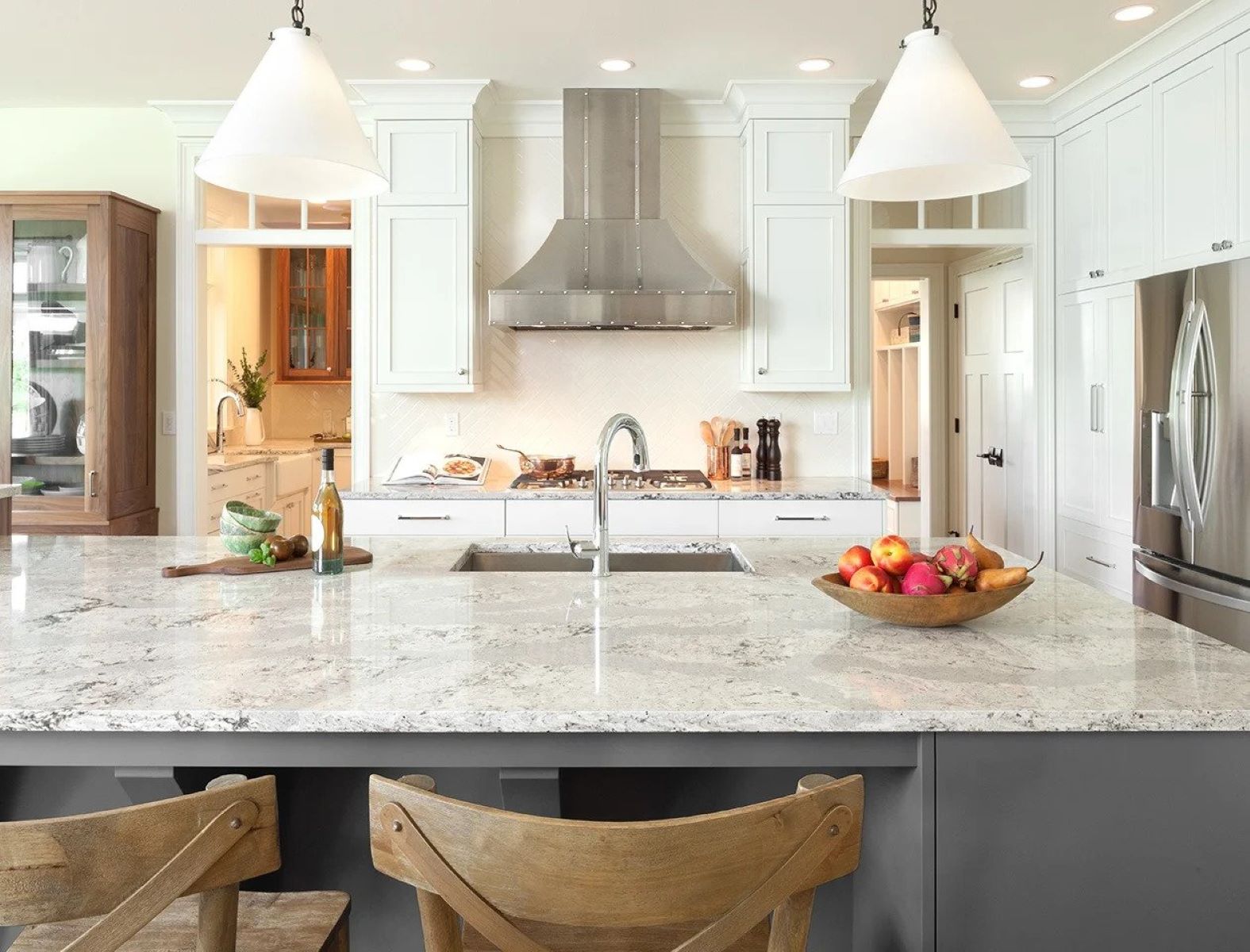

Articles
What Are Quartz Countertops
Modified: December 7, 2023
Discover the benefits and beauty of quartz countertops with our informative articles. Learn about their durability, versatility, and stylish designs for your kitchen or bathroom.
(Many of the links in this article redirect to a specific reviewed product. Your purchase of these products through affiliate links helps to generate commission for Storables.com, at no extra cost. Learn more)
Introduction
When it comes to selecting the perfect countertop material for your kitchen or bathroom, quartz countertops have become an increasingly popular choice. Quartz countertops offer a beautiful and durable surface that can enhance the aesthetics and functionality of any space. But what exactly are quartz countertops and what sets them apart from other options in the market?
Quartz countertops are engineered stone surfaces made from a combination of natural quartz crystals, resin, and pigments. This unique composition allows quartz countertops to possess an appealing blend of beauty and strength. Unlike natural stone, such as granite or marble, which are cut directly from the earth and then polished, quartz countertops are manufactured in a controlled environment using a precise engineering process.
The process begins with mining and crushing natural quartz crystals, one of the Earth’s hardest minerals. These raw materials are then mixed with resin and pigments to create a strong and consistent slab. The mixture is then molded, compressed, and cured under high heat and pressure, resulting in a solid and non-porous surface.
One of the reasons why quartz countertops have gained popularity is their wide range of color and pattern options. Since they are engineered, manufacturers can create a variety of designs and colors that mimic the natural veining and patterns seen in marble or granite countertops. This allows homeowners to achieve the desired aesthetics of natural stone without the cost or maintenance associated with it.
Additionally, quartz countertops are known for their durability and resistance to stains, scratches, and heat. The engineered composition of quartz makes it highly resistant to chipping or cracking, making it an ideal choice for busy kitchens or high-traffic areas. Its non-porous surface also prevents the growth of bacteria, mold, and mildew, making it a sanitary option for food preparation areas.
In the following sections, we will delve deeper into the composition of quartz countertops, discuss their advantages and disadvantages, explore popular brands, and provide tips on how to choose the right quartz countertop for your space.
Key Takeaways:
- Quartz countertops offer durability, low maintenance, and a wide range of design options, making them a practical and visually appealing choice for kitchens and bathrooms.
- While quartz countertops come with initial cost and maintenance considerations, their benefits, including resistance to stains, scratches, and heat, make them a preferred choice for homeowners seeking a durable and beautiful countertop solution.
Read more: What Will Stain Quartz Countertops
Composition of Quartz Countertops
Quartz countertops are composed of approximately 90% natural quartz crystals, which are one of the hardest minerals found in the Earth’s crust. The remaining 10% consists of binders, such as resin, and pigments that give the countertops their color and pattern. This combination of natural quartz and synthetic materials creates a strong and durable surface that is resistant to many forms of damage.
The natural quartz crystals used in quartz countertops are typically sourced from quarries around the world. These crystals are then crushed into various sizes, depending on the desired final product. The size of the quartz particles affects the appearance and texture of the countertops, with larger particles creating a more coarse and natural look, while smaller particles result in a smoother and more uniform finish.
Once the quartz particles have been crushed, they are mixed with a resin binder and pigments. The resin acts as a binding agent, holding the quartz particles together and giving the countertops their structural integrity. The pigments are added to create different colors and patterns, allowing manufacturers to replicate the look of natural stone or create unique designs.
The mixture of quartz, resin, and pigments is then poured into molds to create slabs of uniform thickness. The slabs are then cured in a specialized oven under high heat and pressure. This process solidifies the resin and creates a dense and non-porous surface.
It’s important to note that the composition of quartz countertops may vary slightly between manufacturers. Some may use additional additives or enhancements to further enhance the performance or appearance of the countertops. However, the basic composition of natural quartz crystals, resin binder, and pigments remains consistent across most quartz countertop products.
The composition of quartz countertops offers several advantages over other countertop materials. The high quartz content results in a surface that is extremely durable and resistant to scratches, stains, and heat. The resin binder helps to create a non-porous surface, making quartz countertops easy to clean and maintain. Additionally, the wide range of pigments allows for endless design possibilities, allowing homeowners to find the perfect color and pattern to complement their space.
Advantages of Quartz Countertops
Quartz countertops offer a multitude of advantages that make them a popular choice among homeowners and designers alike. Here are some of the key benefits of choosing quartz countertops for your kitchen or bathroom:
- Durability: Quartz is known for its exceptional durability. With its high quartz content, quartz countertops are resistant to scratches, chipping, and cracking, making them suitable for high-traffic areas.
- Stain Resistance: The non-porous surface of quartz means it is highly resistant to stains from common household items like coffee, juice, and oil. This makes cleanup easy and helps maintain the pristine appearance of the countertop.
- Heat Resistance: Quartz countertops can withstand high temperatures without being damaged or discolored. While it is still recommended to use trivets or hot pads for hot pots and pans, quartz countertops provide peace of mind in busy kitchens.
- Low Maintenance: Unlike natural stone countertops that require periodic resealing, quartz countertops are virtually maintenance-free. They do not require any sealing and can be easily cleaned with mild soap and water.
- Hygienic Surface: The non-porous nature of quartz countertops prevents the growth of bacteria, mold, and mildew. This makes quartz an excellent choice for areas where food preparation takes place, ensuring a more sanitary environment.
- Consistency in Color and Pattern: Unlike natural stone options like granite or marble, which can vary in color and veining from slab to slab, quartz offers consistent color and pattern options. This allows for a more cohesive and uniform look in your space.
- Design Flexibility: With a wide range of colors, patterns, and finishes available, quartz countertops offer plenty of design possibilities. Whether you prefer a classic, minimalist look or a bold and unique statement, there is a quartz countertop to suit your style and aesthetic.
These advantages make quartz countertops a practical and appealing choice for both residential and commercial applications. Whether you are remodeling your kitchen or designing a new bathroom, quartz countertops can elevate the functionality and visual appeal of the space with their durability, easy maintenance, and wide range of design options.
Disadvantages of Quartz Countertops
While quartz countertops offer numerous advantages, it’s important to consider the potential drawbacks before making a final decision. Here are some of the main disadvantages associated with quartz countertops:
- Cost: Quartz countertops can be more expensive than other countertop materials, such as laminate or tile. The higher cost is due to the quality and durability of the quartz, as well as the manufacturing process involved in creating the engineered stone.
- Not Completely Heat-Proof: While quartz countertops are heat-resistant, extreme temperature changes or direct contact with hot cookware can cause damage. It is still recommended to use trivets or hot pads to protect the surface from thermal shock.
- Can Be Prone to Discoloration: Although quartz countertops are highly stain-resistant, prolonged exposure to sunlight or certain chemicals can cause the surface to fade or discolor over time. It’s important to follow the manufacturer’s guidelines for care and maintenance to preserve the countertop’s appearance.
- Difficult to Repair: In the event of a chip or crack, repairing quartz countertops can be challenging. Unlike natural stone, which can be repaired and polished by professionals, quartz repairs may require replacing the entire slab, which can be costly.
- Not Entirely Natural: While quartz countertops offer the look of natural stone, some homeowners prefer the authenticity and uniqueness of materials like granite or marble. If you’re seeking a countertop with natural variations, quartz may not provide the same level of character.
- Installation Challenges: Quartz countertops can be quite heavy, so proper installation is crucial. It’s recommended to hire professional installers who are experienced in working with quartz to ensure a proper fit and secure installation.
It’s important to weigh these disadvantages against the advantages when considering quartz countertops for your space. While the potential drawbacks exist, they are often outweighed by the durability, low maintenance, and aesthetic appeal that quartz countertops offer.
When cleaning quartz countertops, use a mild soap and water solution or a non-abrasive household cleaner. Avoid harsh chemicals or abrasive scrubbers to prevent damage to the surface.
Maintenance and Care for Quartz Countertops
One of the advantages of quartz countertops is their low maintenance requirements. While they are resistant to stains, scratches, and heat, it’s still important to follow proper care and cleaning practices to keep them looking their best. Here are some maintenance tips to ensure the longevity and beauty of your quartz countertops:
- Regular Cleaning: Wipe down the surface of your quartz countertops regularly with a soft cloth or sponge and a mild, non-abrasive cleaner. Avoid using harsh chemicals or abrasive cleaners that can dull the surface or cause discoloration.
- Immediate Cleanup: Wipe up spills promptly to prevent staining. Although quartz countertops are stain-resistant, certain substances like red wine, coffee, or oil can leave marks if left sitting for too long.
- Avoid Extreme Heat: While quartz countertops are heat-resistant, it’s best to use trivets or hot pads to protect the surface from direct contact with hot pots, pans, or appliances. The sudden temperature change can potentially damage or discolor the quartz.
- Use Cutting Boards and Trivets: Although quartz is scratch-resistant, it’s still recommended to use cutting boards and trivets when working with sharp objects or placing hot items on the countertop. This will help prolong the life of your countertop and maintain its pristine appearance.
- Preventive Measures: Use coasters or placemats under glasses, bottles, or cans to avoid condensation rings or scratches on the surface. Additionally, avoid dragging heavy objects across the countertop to avoid any potential damage.
- Avoid Harsh Chemicals: Refrain from using harsh chemicals, abrasive cleaners, or scouring pads on your quartz countertops. These can cause the surface to become dull or develop a hazy appearance. Instead, stick to mild soap and water or specially formulated quartz cleaners.
- Regular Inspections: Periodically inspect your quartz countertops for any signs of damage or potential issues. If you notice any cracks, chips, or discoloration, contact a professional for repair or advice on how to address the problem.
Following these simple maintenance and care guidelines will help keep your quartz countertops in excellent condition for years to come. With proper care, they will continue to provide a beautiful and functional surface in your kitchen or bathroom.
Read more: What Is Quartz Countertops Made From
Popular Brands of Quartz Countertops
When it comes to choosing quartz countertops, there are several reputable brands that offer high-quality products with a wide range of colors, patterns, and finishes. Here are some popular brands known for their exceptional quartz countertops:
- Caesarstone: Caesarstone is a globally recognized brand known for its innovative and high-quality quartz countertops. They offer a vast selection of colors and designs, ranging from classic whites and neutrals to bold and vibrant options.
- Silestone: Silestone is another prominent brand that offers a variety of quartz countertops. They are known for their unique color options and innovative technologies, such as their N-Boost surface treatment that enhances the sheen and color intensity of the quartz.
- Cambria: Cambria is a family-owned company that specializes in quartz countertops. Their countertops are crafted with natural quartz, resulting in a luxurious and durable surface. Cambria is renowned for its extensive range of designs, including marble-like patterns and vibrant colors.
- Quartz Master: Quartz Master is known for producing quartz countertops of exceptional quality and endurance. They offer an extensive selection of designs, including marble-look, concrete-look, and contemporary solid colors.
- MSI Quartz: MSI is a trusted name in the industry, offering an impressive collection of quartz countertops. They offer a variety of styles, from the timeless classics to modern and trendy designs, ensuring there is an option to suit every preference.
- Wilsonart: While primarily known for laminate countertops, Wilsonart also offers a range of quartz countertops. Their quartz collection features elegant designs inspired by natural stone, providing homeowners with a durable and visually appealing surface.
These are just a few examples of popular brands in the market, and there are many more to explore. When choosing a brand, consider factors such as their reputation, warranty, variety of designs, and customer reviews to ensure you select the one that best suits your needs and preferences.
How to Choose the Right Quartz Countertop
Selecting the right quartz countertop for your space can seem overwhelming due to the wide range of options available. Here are some key factors to consider when choosing the perfect quartz countertop:
- Color and Pattern: Start by determining the color and pattern that will best complement your design aesthetic and existing décor. Consider factors such as the color scheme of your space, the desired visual impact, and whether you prefer a classic or contemporary look.
- Finish: Quartz countertops come in various finishes, such as polished, honed, or suede. Each finish offers a unique appearance and texture. Consider the level of shine and the overall feel you want to achieve in your space.
- Thickness: Quartz countertops are available in different thicknesses, typically ranging from 1cm to 3cm. Thicker countertops provide a more substantial look and feel, while thinner ones offer a sleek and modern style.
- Edge Profile: The edge profile of your quartz countertop can enhance the overall look of your space. Popular edge profiles include square, beveled, bullnose, and ogee. Choose an edge profile that complements your design aesthetic and aligns with the overall theme of your space.
- Sample and Visualize: It’s always a good idea to obtain samples of your preferred quartz countertop options. Take these samples home and see how they look in your space under different lighting conditions to ensure they align with your vision.
- Budget: Consider your budget and find quartz countertops that offer the best combination of quality, design, and affordability for your specific needs. Remember to factor in the cost of installation and any additional features or enhancements you may desire.
- Warranty and Quality: Look for a reputable brand that offers a solid warranty and guarantees the quality of their products. Read customer reviews and ask for referrals to ensure you choose a reliable and trustworthy supplier.
- Installation: Proper installation is crucial for the longevity and performance of quartz countertops. It’s advisable to hire professionals who specialize in quartz countertop installation to ensure a precise and secure fit.
By considering these factors and taking your time to explore different options, you can confidently choose the right quartz countertop that fits your style, budget, and functional requirements. Remember, the perfect quartz countertop is one that not only enhances the beauty of your space but also withstands the demands of your lifestyle.
Conclusion
Quartz countertops have gained popularity for their exceptional durability, low maintenance, and wide range of design options. The unique composition of natural quartz crystals, resin binders, and pigments creates a strong and non-porous surface that is resistant to stains, scratches, and heat. With their ability to mimic the appearance of natural stone and the availability of countless colors and patterns, quartz countertops offer endless design possibilities to enhance any kitchen or bathroom.
While quartz countertops come with advantages such as durability, low maintenance, and hygiene, it’s important to consider the potential drawbacks, including the initial cost, the need for preventive measures against heat and discoloration, and the limited variations compared to natural stone. However, many homeowners find that the benefits outweigh the disadvantages, making quartz countertops a preferred choice for their space.
When choosing quartz countertops, consider factors such as color, pattern, finish, thickness, and edge profile to match your design aesthetic and budget. Explore reputable brands that offer high-quality products, and make sure to follow proper maintenance and care guidelines to keep your countertops looking their best.
Whether you’re remodeling your kitchen or updating your bathroom, quartz countertops can elevate the overall look and functionality of your space. With their durability, variety of designs, and easy maintenance, they provide a long-lasting and visually appealing surface that can withstand the demands of everyday life.
In conclusion, quartz countertops offer the perfect blend of beauty, strength, and practicality. With their wide range of benefits, they are an excellent investment for any homeowner looking to enhance their living space with a durable and stunning countertop surface.
Frequently Asked Questions about What Are Quartz Countertops
Was this page helpful?
At Storables.com, we guarantee accurate and reliable information. Our content, validated by Expert Board Contributors, is crafted following stringent Editorial Policies. We're committed to providing you with well-researched, expert-backed insights for all your informational needs.
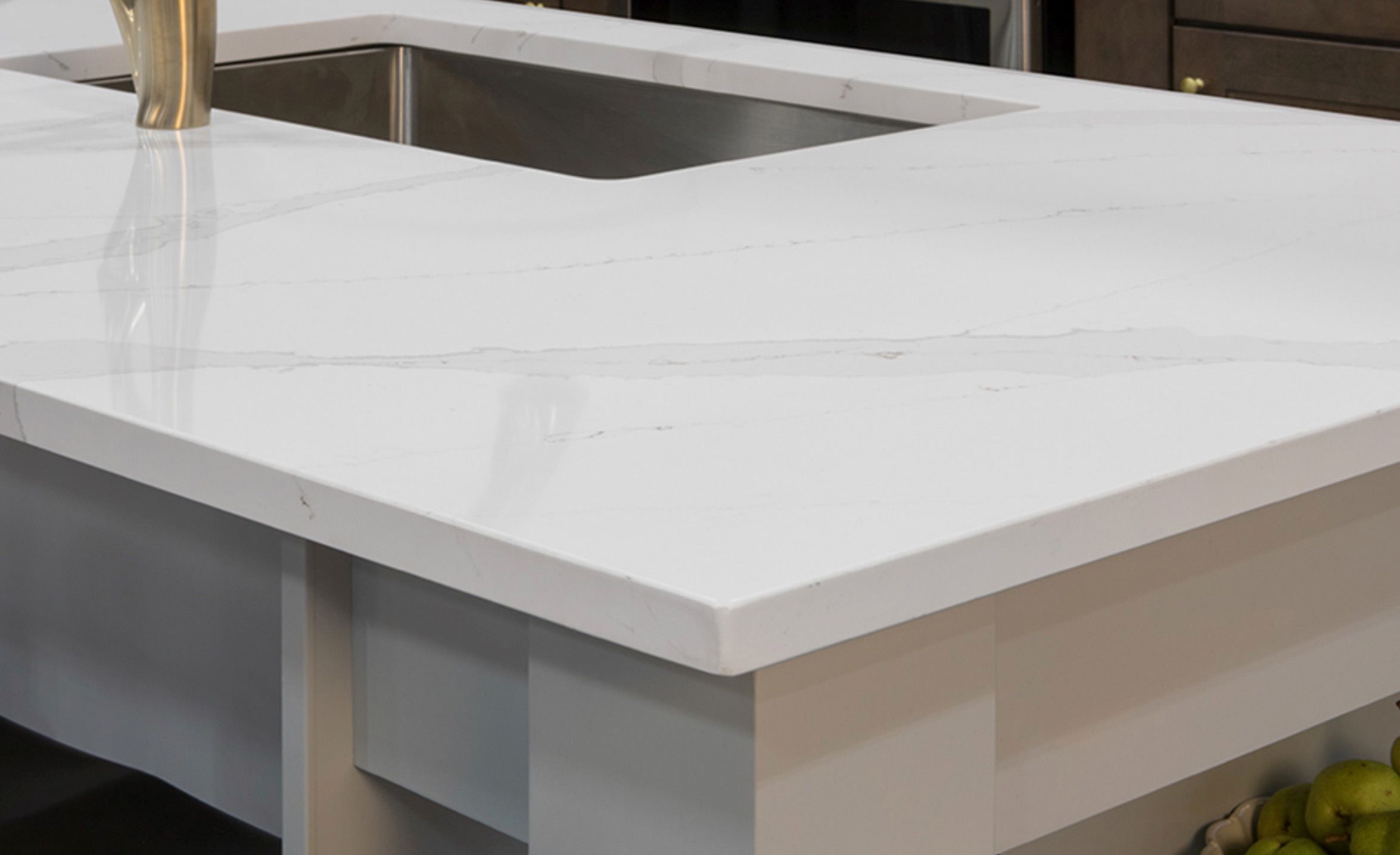
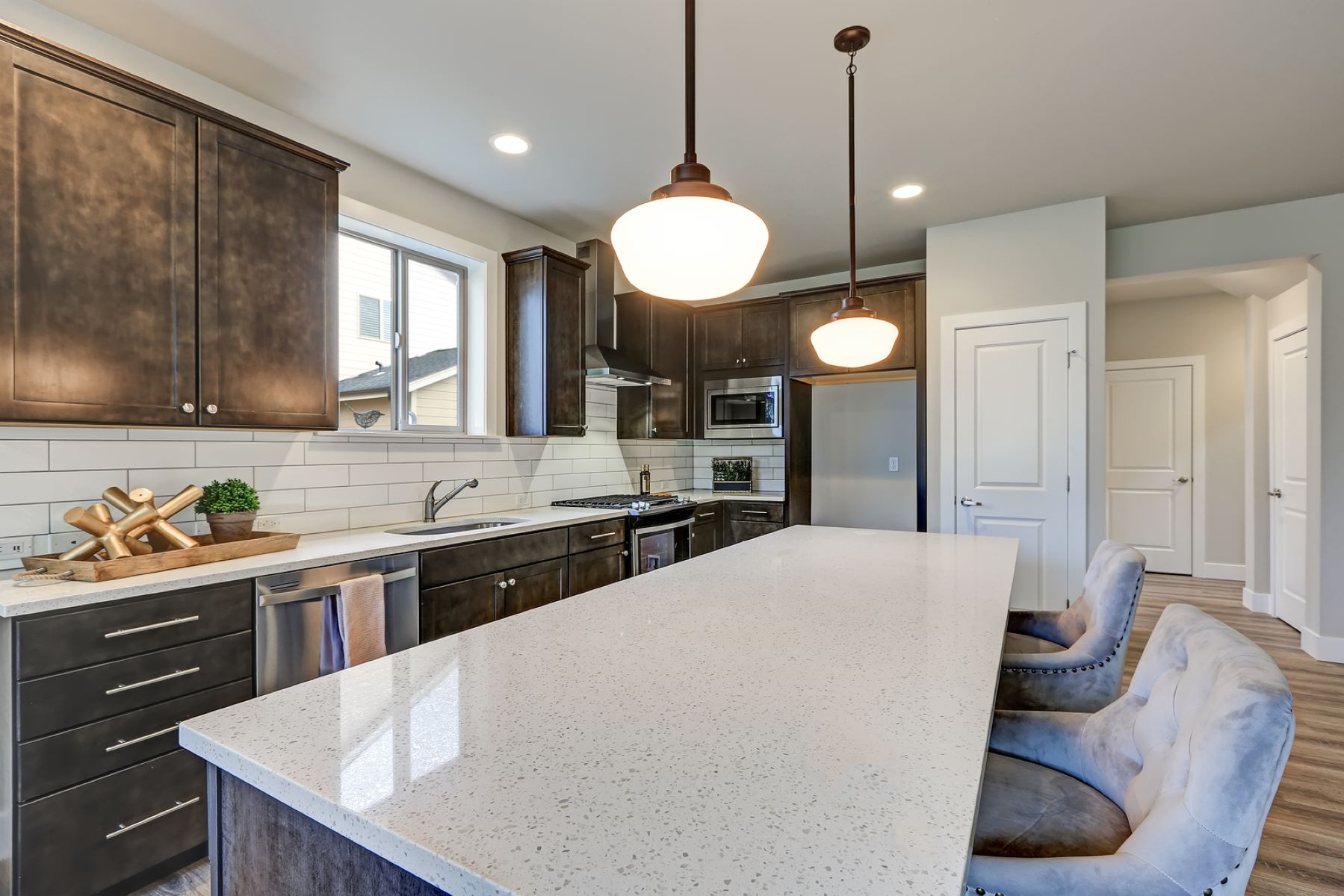
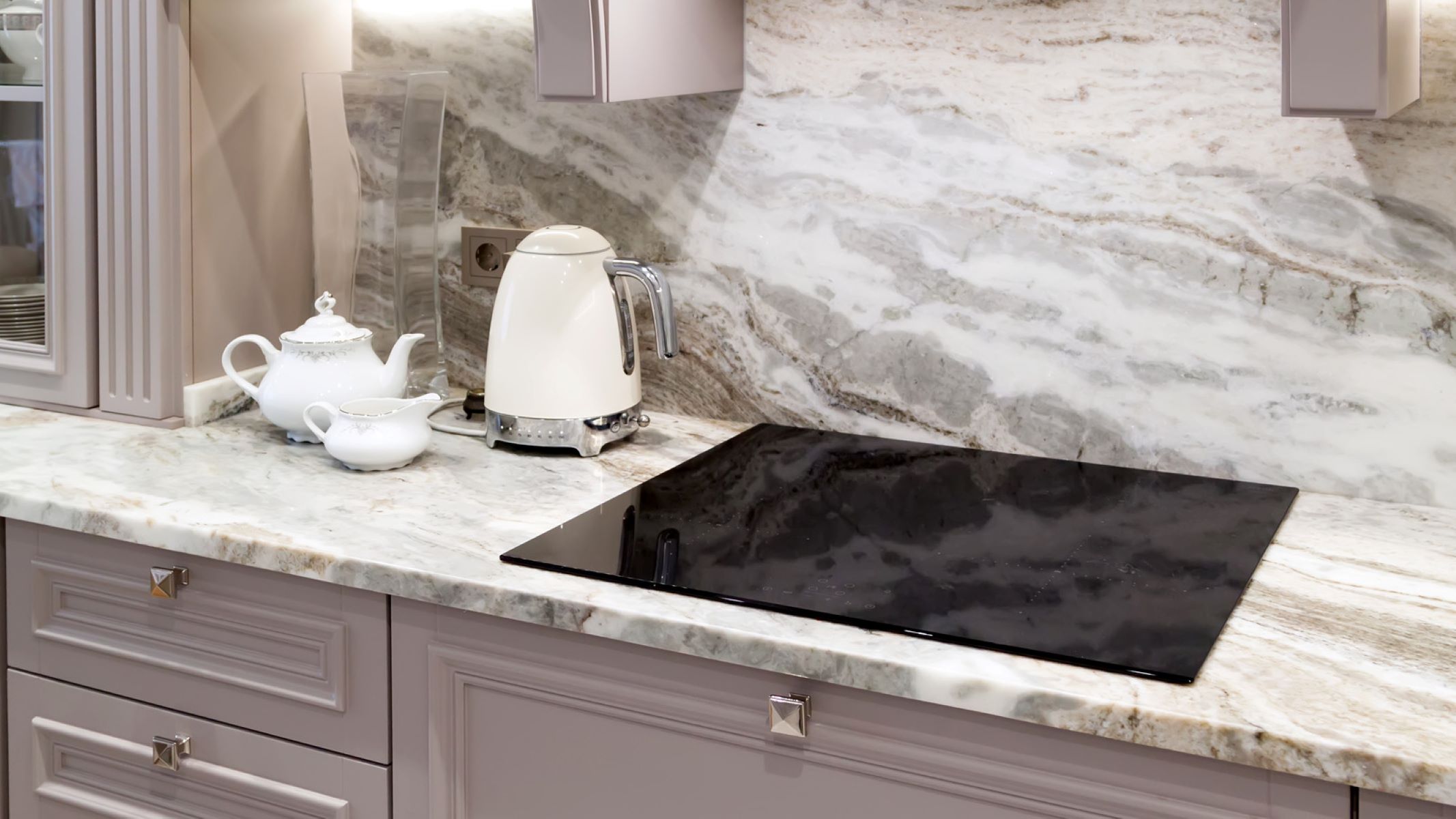
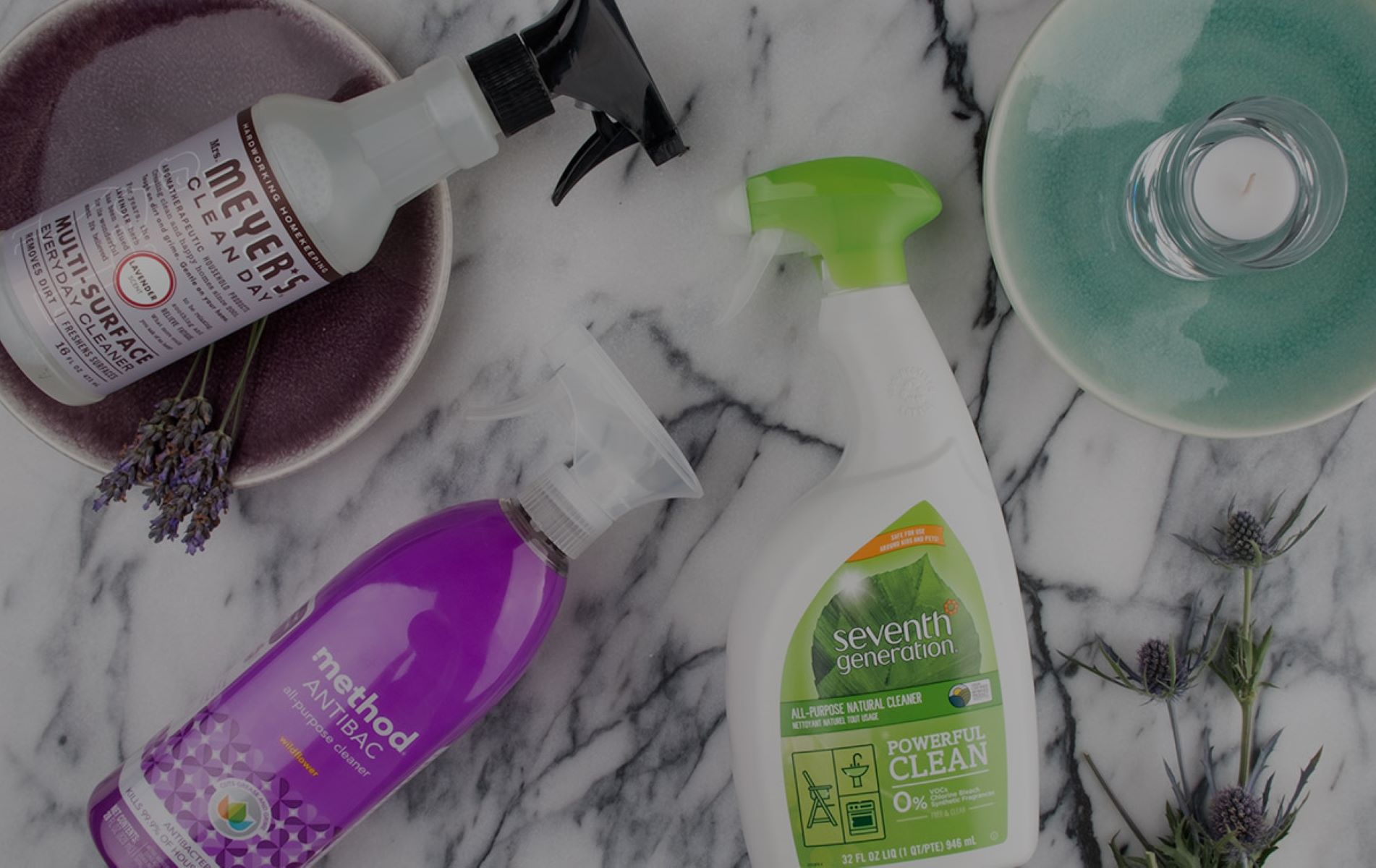
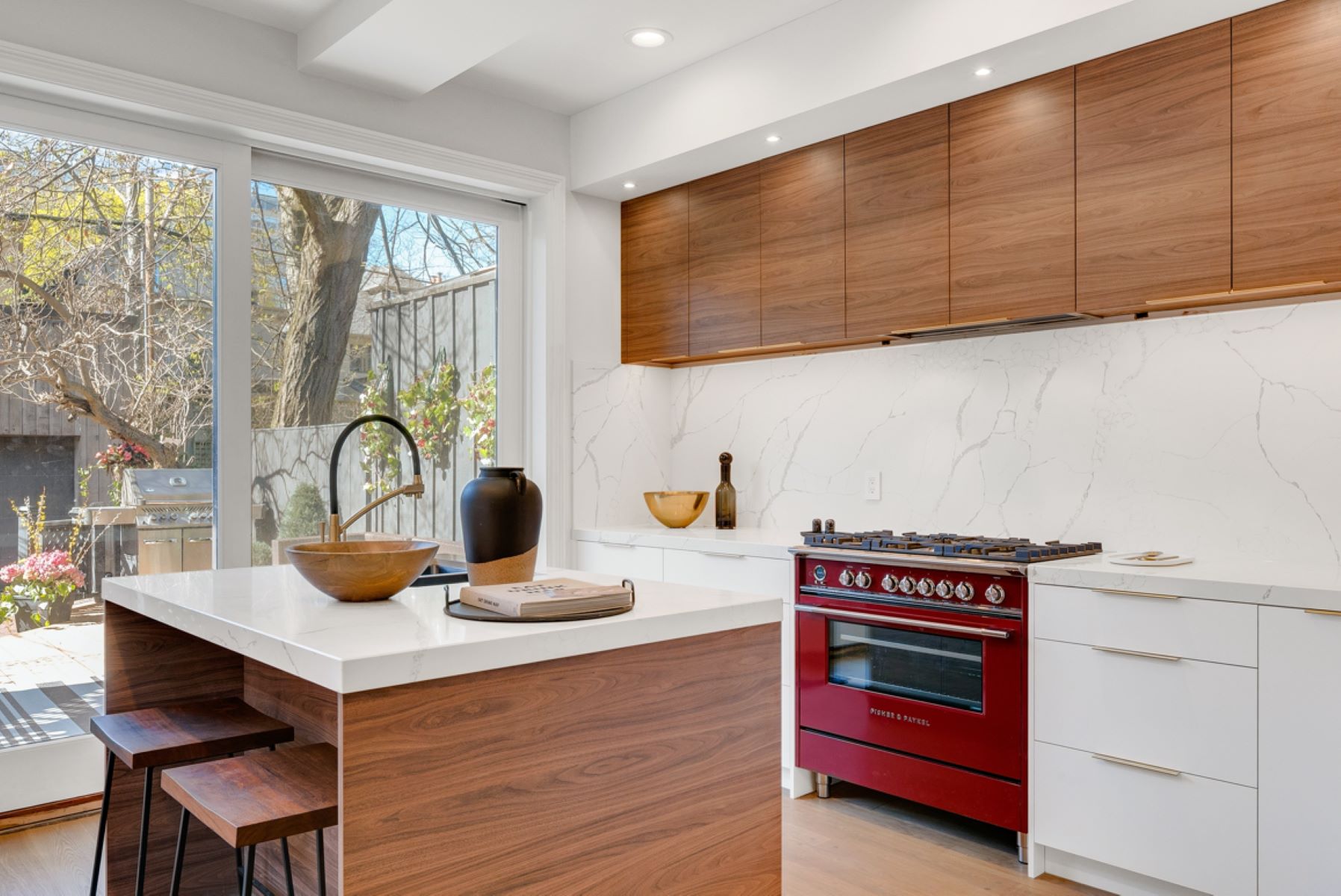
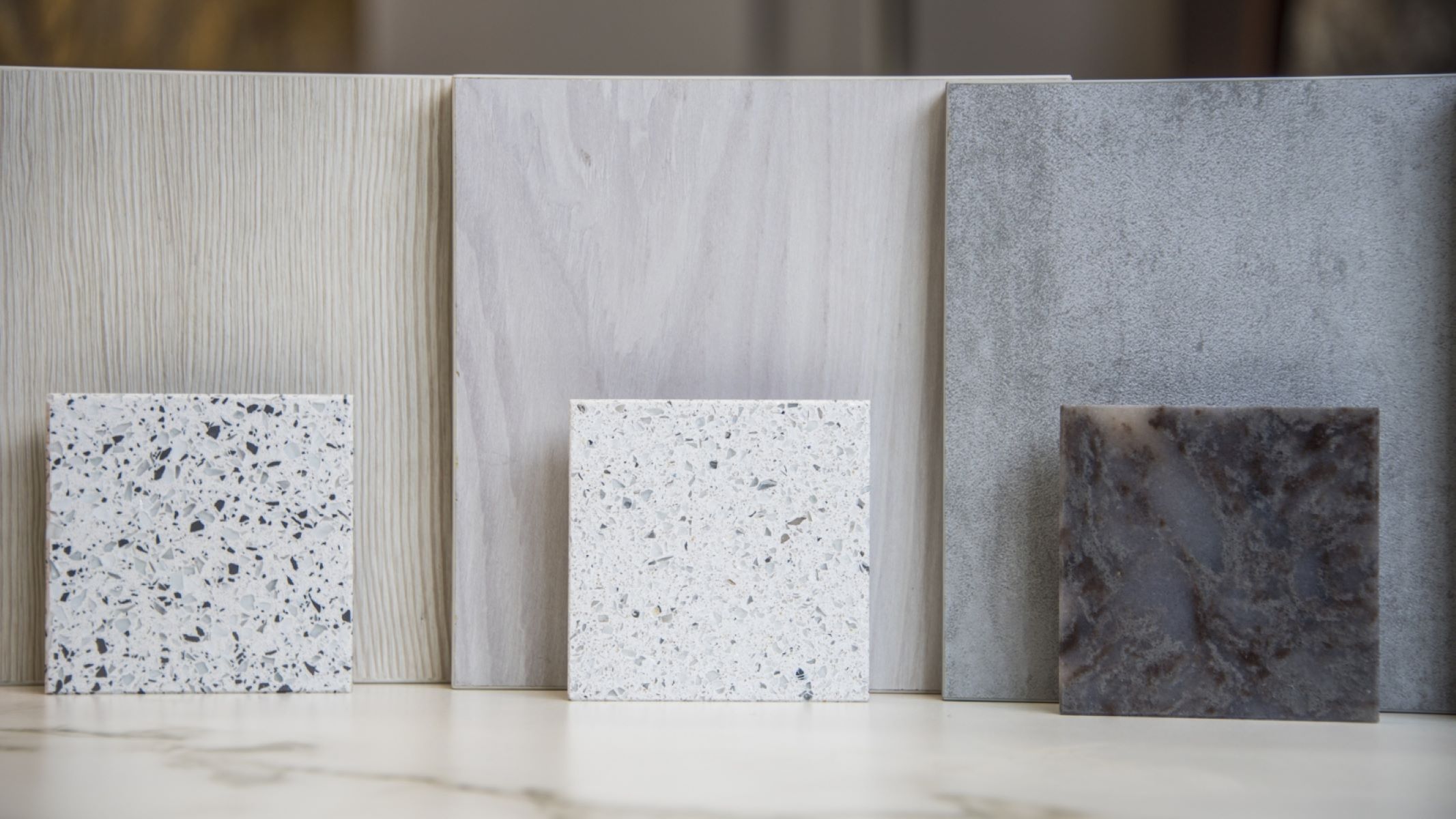
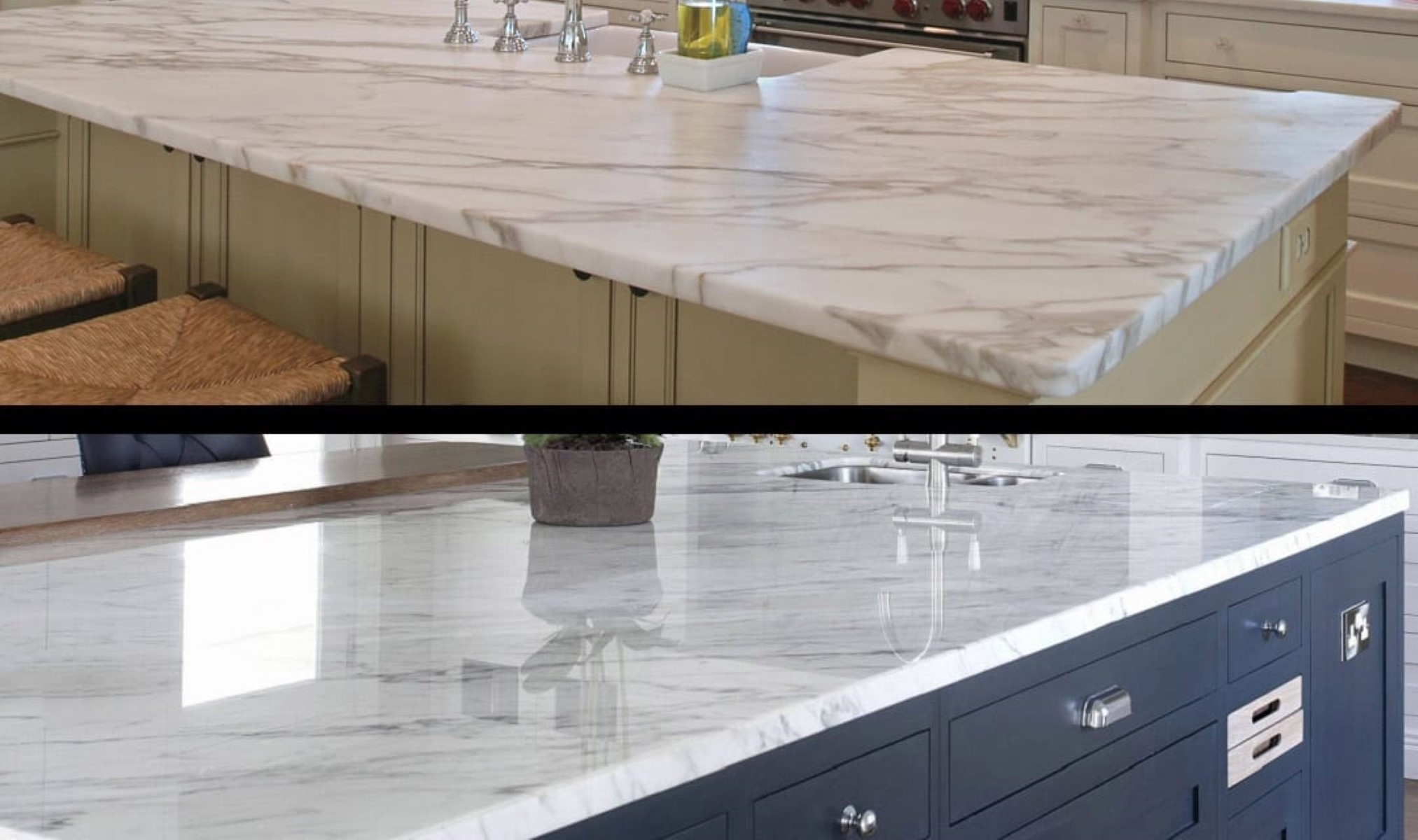
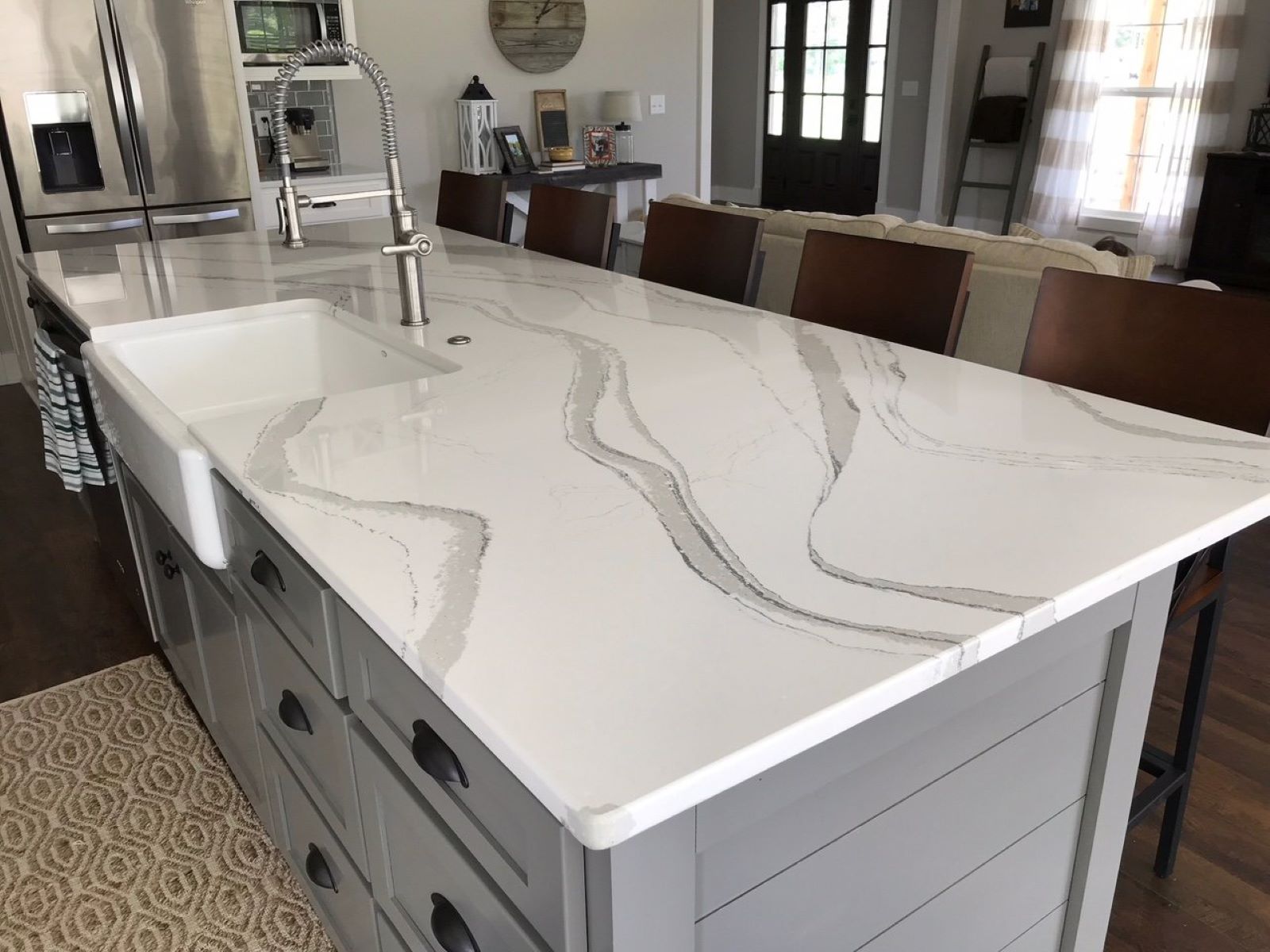
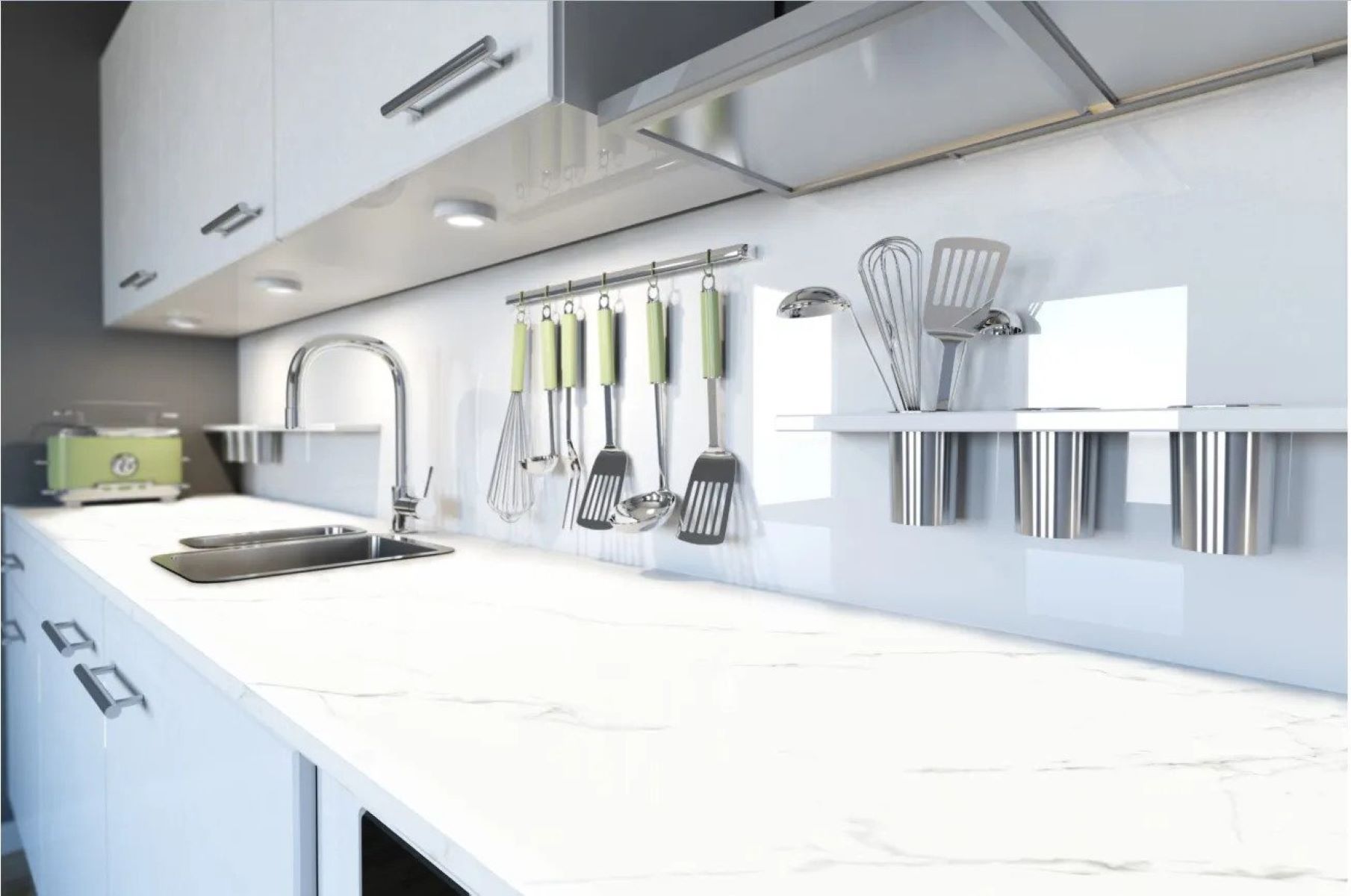
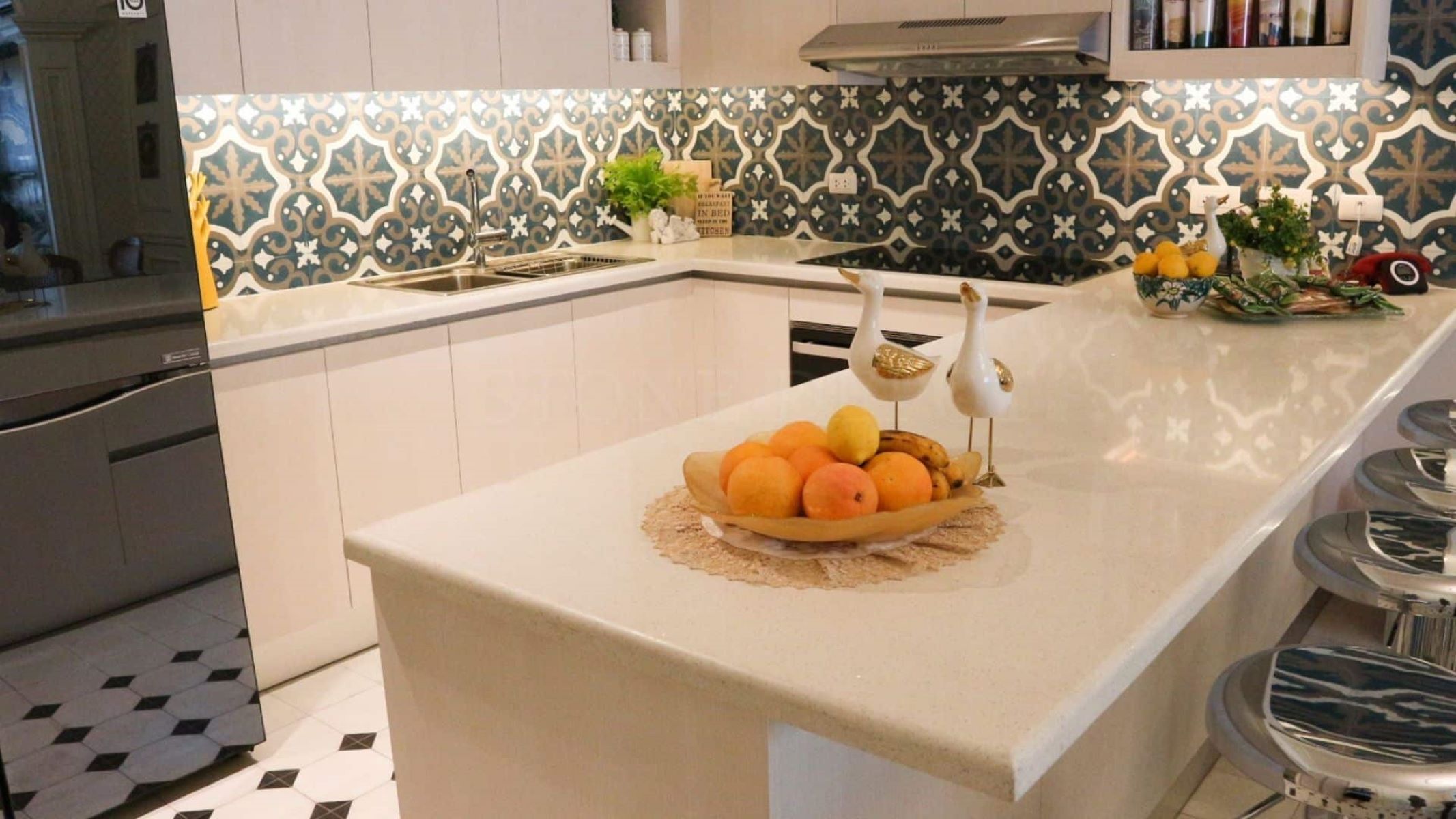
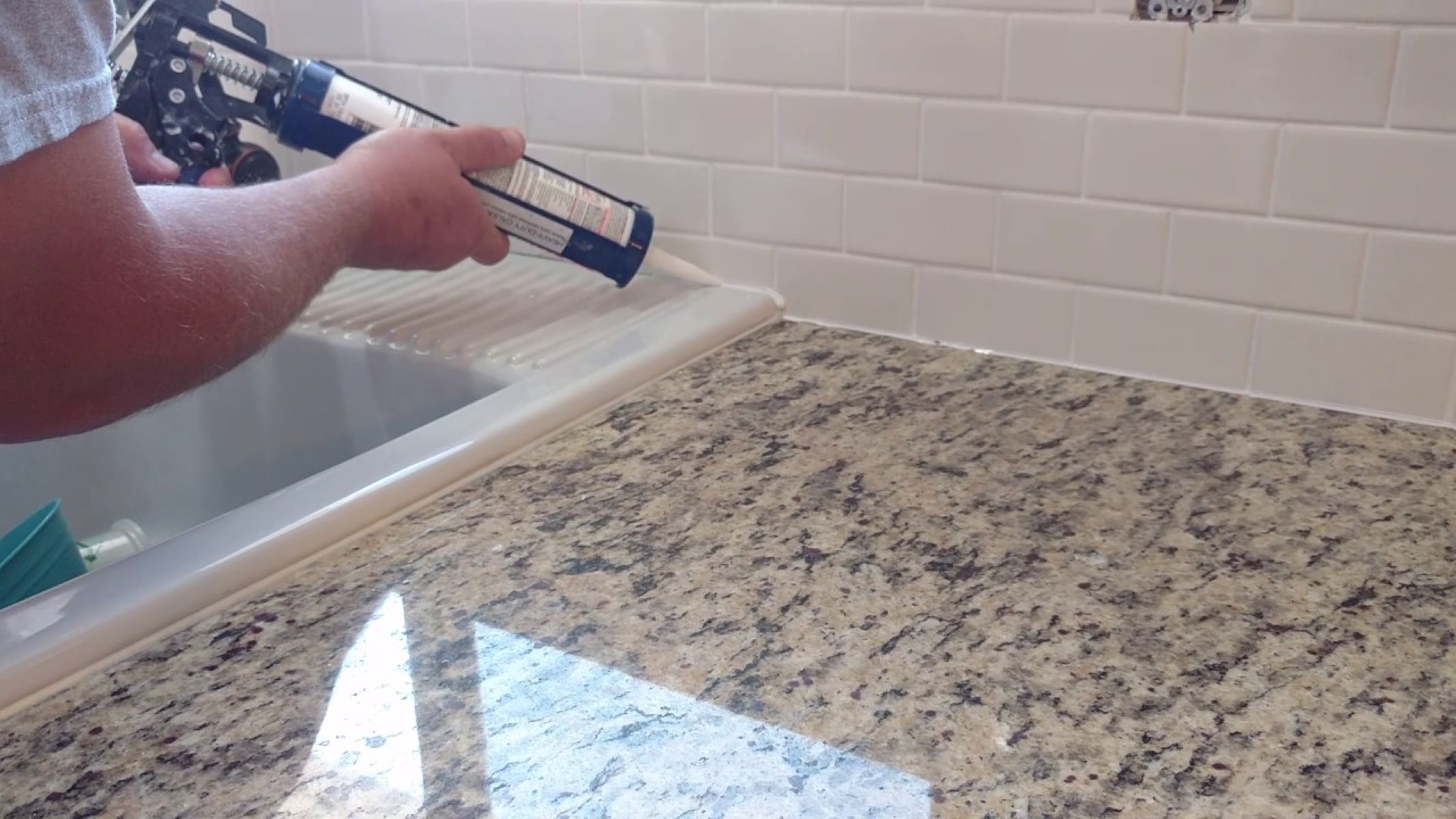
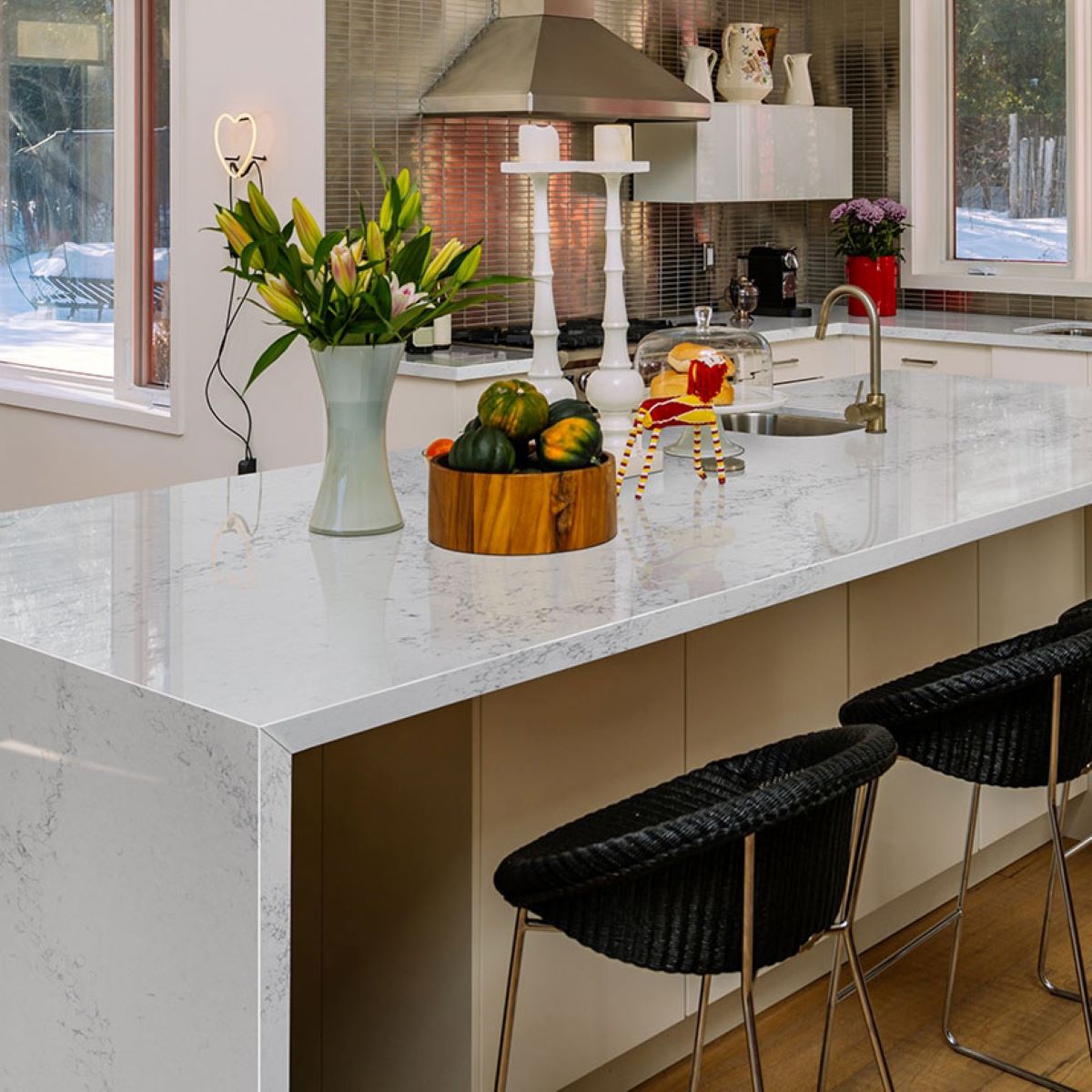
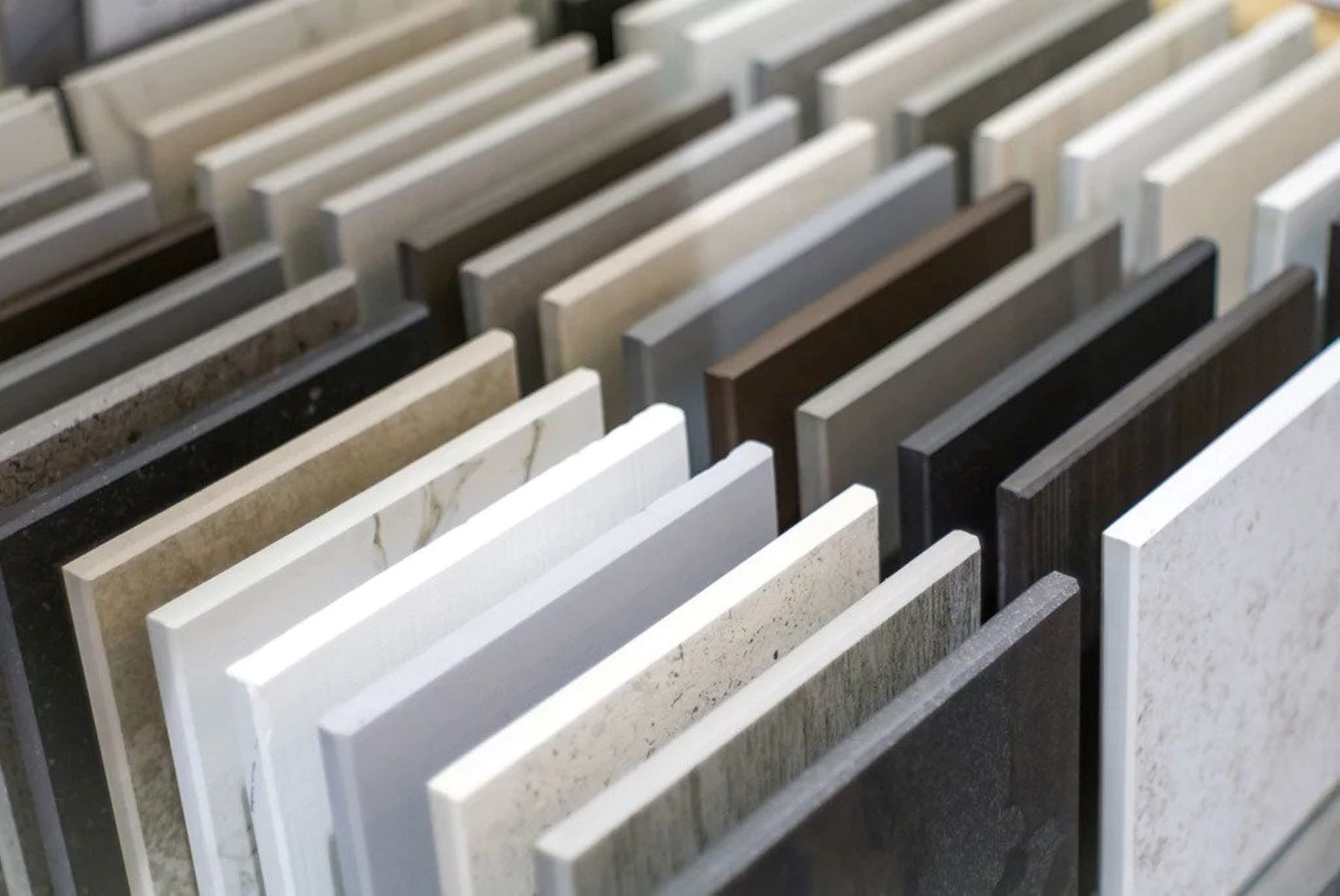
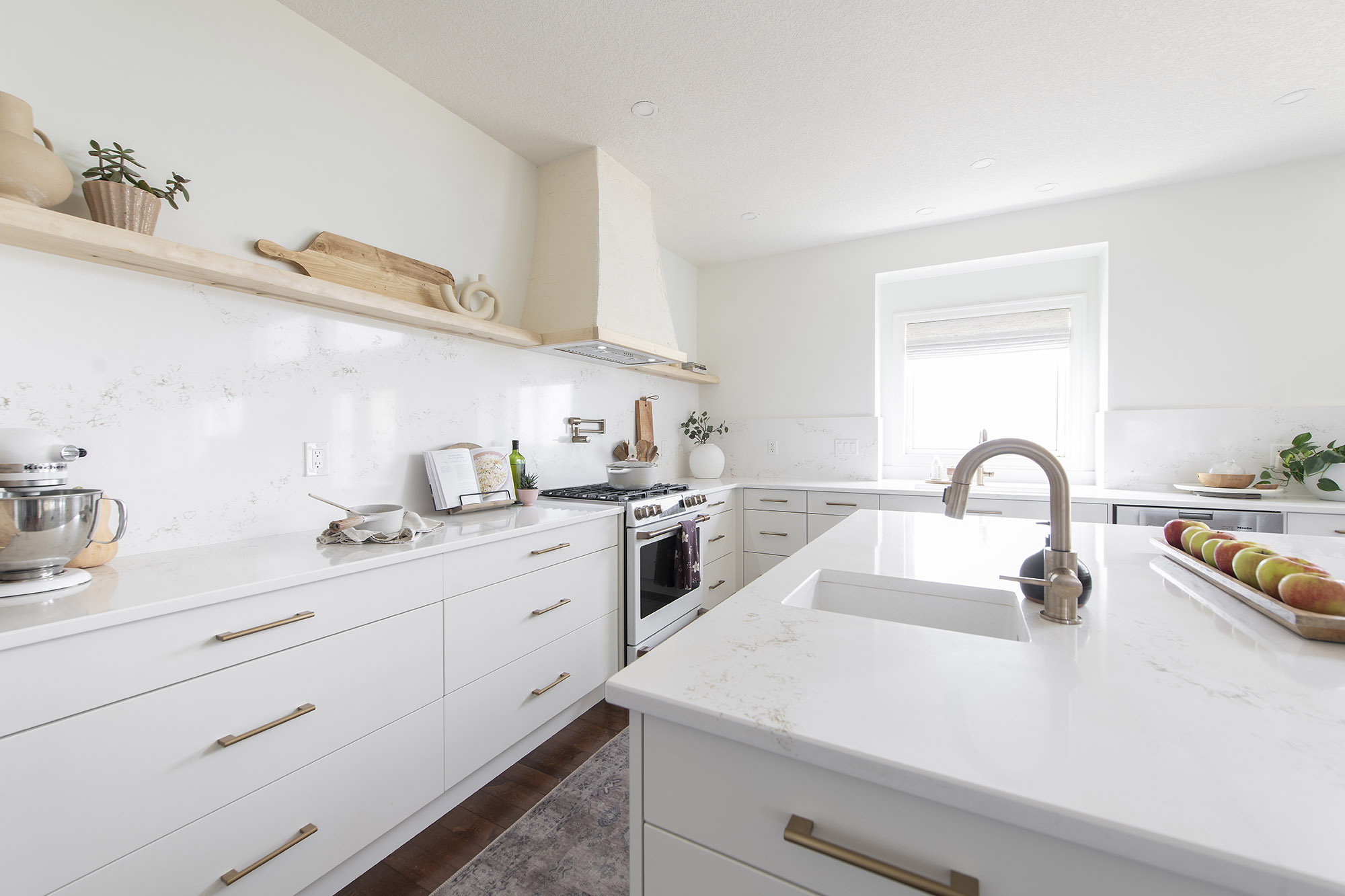

0 thoughts on “What Are Quartz Countertops”